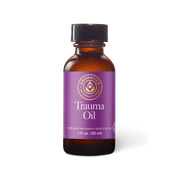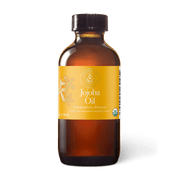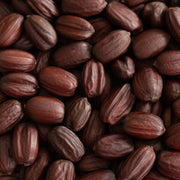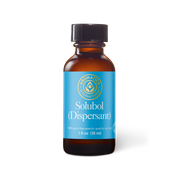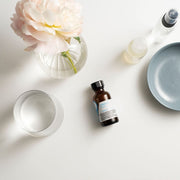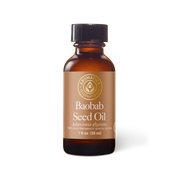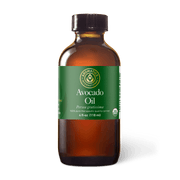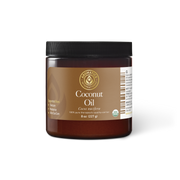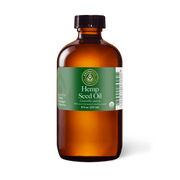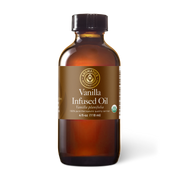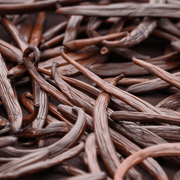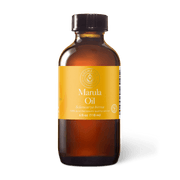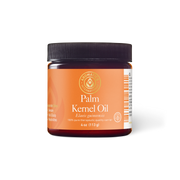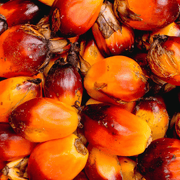-
Trauma Oil
Regular price From $34Sale price From $34Unit price per -
-
Solubol (Dispersant)
Regular price From $30Sale price From $30Unit price per -
30% off
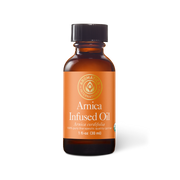

Arnica Infused Olive Oil
Regular price From $28Sale price From $28Unit price perArnica cordifolia -
-
-
-
St. John's Wort Infused Olive Oil
Regular price From $38Sale price From $38Unit price perHypericum perforatum -
-
-
-
-
Vanilla Infused Jojoba Oil
Regular price From $54Sale price From $54Unit price per -
-
These exotic, unrefined carrier oils offer therapeutic benefit in themselves. Enjoy crafting aromatic blends and skin nourishing creations for a variety of skin issues. Many of our fixed carriers have deep tissue healing properties that the aromatherapist will have in their collection of treasures.
Shop by Intention
FAQ
These exotic, unrefined carrier oils offer therapeutic benefit in themselves. Enjoy crafting aromatic blends and skin nourishing creations for a variety of skin issues. Many of our fixed carriers have deep tissue healing properties that the aromatherapist will have in their collection of treasures.
What is a carrier oil?
What is the difference between carrier oils and essential oils?
Why do I need an essential oil carrier?
Can carrier oils be used on their own?
How much carrier oil should I use with essential oils?
Can I mix different carrier oils together?
Can I use carrier oils on my face?
Are carrier oils comedogenic?
What carrier oils are best for sensitive skin?
What are the best carrier oils for dry skin?
What are the most popular carrier oils for hair care?
Which carrier oils are best for massage?
Are carrier oils safe to use during pregnancy?
Can carrier oils cause allergic reactions?
Is Jojoba an oil or wax?
How should I store carrier oils?
What is the shelf life of carrier oils?
Join Our Newsletter
Save 15% on your first order
Aromatherapy sent directly to your inbox. Receive tips, essential oil recipes, promotion alerts, live events and more. We look forward to connecting with you! *Exclusions apply.


